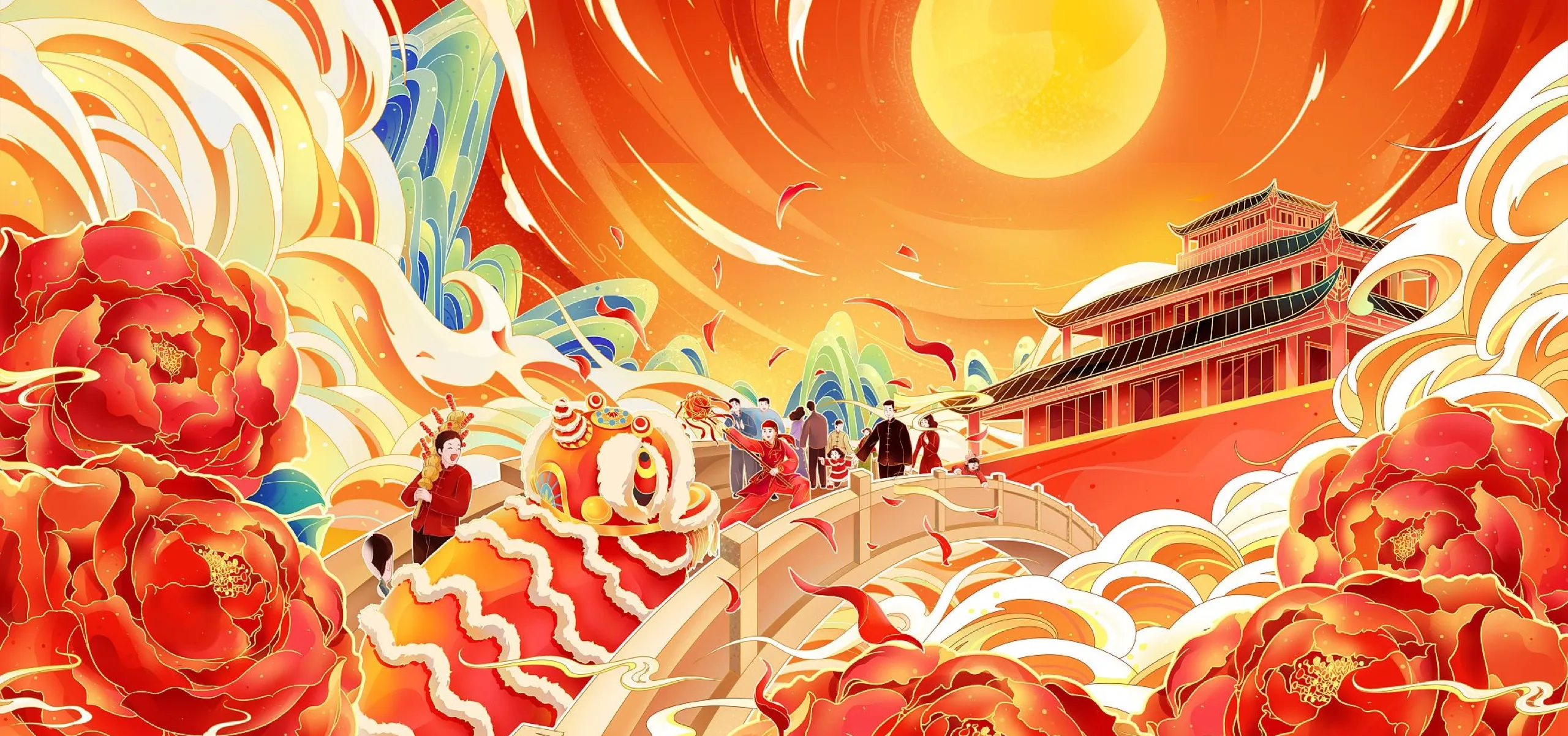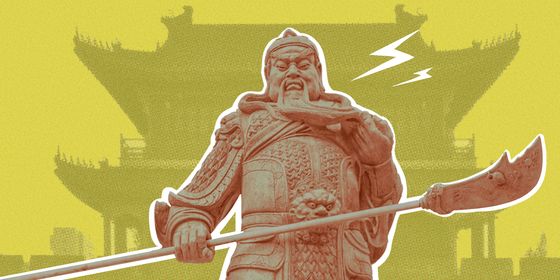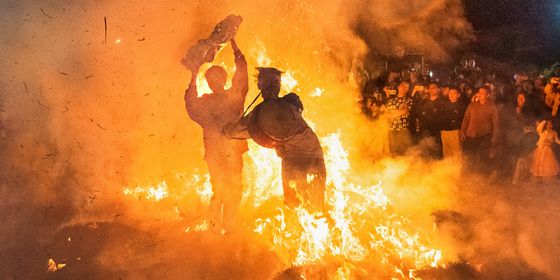The Lunar New Year and Lantern Festival are key scenes of drama in China’s Four Classic Novels, providing clues of how people celebrated holidays in ancient China
Being the most prominent celebrations in China, the Lunar New Year and the Lantern Festival provide great settings for high drama in much of Chinese fiction.
So it’s no surprise that all of the Four Classic Chinese Novels, that is Romance of the Three Kingdoms (《三国演义》), Outlaws of the Marsh (《水浒传》), Journey to the West (《西游记》), and Dream of the Red Chamber (《红楼梦》), written between the 14th and 18th century, feature these holidays in their storytelling. But it is not always a joyful time for the characters.
Believed to have been authored by Luo Guanzhong (罗贯中) in the late 14th century, Romance of the Three Kingdoms is the ultimate novel of cunning politics and military strategies. It is a dramatization of real events when warlords contended for power at the expense of the dying Eastern Han dynasty (25 – 220). The scheming and plotting never stop, even during the holidays.
On one particular Lunar New Year described in Chapter 54, warlord Liu Bei (刘备) strives to escape the honey trap set up by warlord Sun Quan (孙权): Sun lures Liu to his home by promising Liu his younger sister’s hand in marriage, and plans to keep Liu there. But Liu manages to convince his new wife to flee with him. On New Year’s Day, the couple visits Sun’s mother and asks to get out of the city to worship Liu’s ancestors. While Sun is getting drunk holding celebrations and banquets with his officials and generals, the couple gets away for good.
Warlord Cao Cao’s (曹操) holiday season was even more eventful, as he put down a rebellion. One Lantern Festival evening, a group of rebels sets fire to the capital city, hoping to get the emperor out of Cao’s control while he’s away. Chapter 69 of the novel paints a picture of a peaceful holiday before the disaster: “That night, the sky was clear, and the moon and stars shone brightly. All streets and markets were lit by colorful lanterns. The night curfew was lifted.” Unfortunately, the rebellion is crushed and Cao has hundreds killed as punishment.
These were not the only rebels who saw an opportunity during the Lantern Festival, which was traditionally the only time in ancient China when shops would stay open and civilians could roam freely on the streets after nightfall. In Outlaws of the Marsh, attributed to Shi Nai’an (施耐庵) in the mid-14th century, the band of outlaws draws up a plan to rescue their imprisoned brothers in the city of Daming Fu during the night of the Lantern Festival, also by setting a fire as a diversion.
The novel describes the festivities at the time of the Nothern Song dynasty (960 – 1127) in great detail. Much like the modern-day Christmas decorations, rich families in Daming Fu put up tents at their gates to showcase exquisite lanterns and set off rare fireworks to attract passersby. In front of the city administrative office, a turtle-shaped hill consisting of thousands of lanterns, called aoshan (鳌山), was erected. Two dragon lanterns, one red and one yellow, coiled over the hill, with each dragon scale featuring a small light while clean water gushed out of their mouths. Celebratory street performances called shehuo (社火), ranging from operas, acrobatics, to comedy shows, could be found everywhere.
The unfortunate location the outlaws choose to set their fire in Chapter 66 is the biggest restaurant in the city, the Cuiyun Tower. With three floors and up to a hundred rooms, the building is typically filled with music, drum beats, and clattering crowds all night long, making it the perfect spot for even more chaos.













